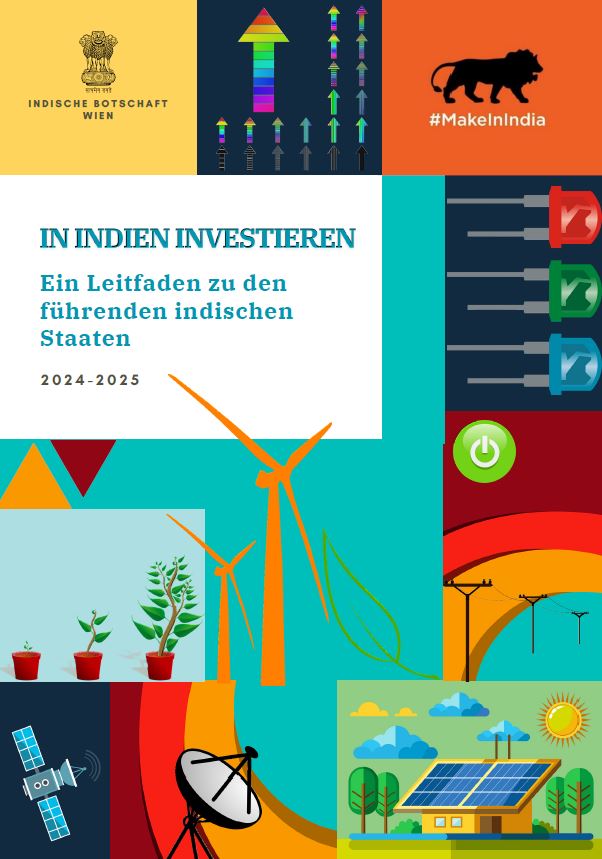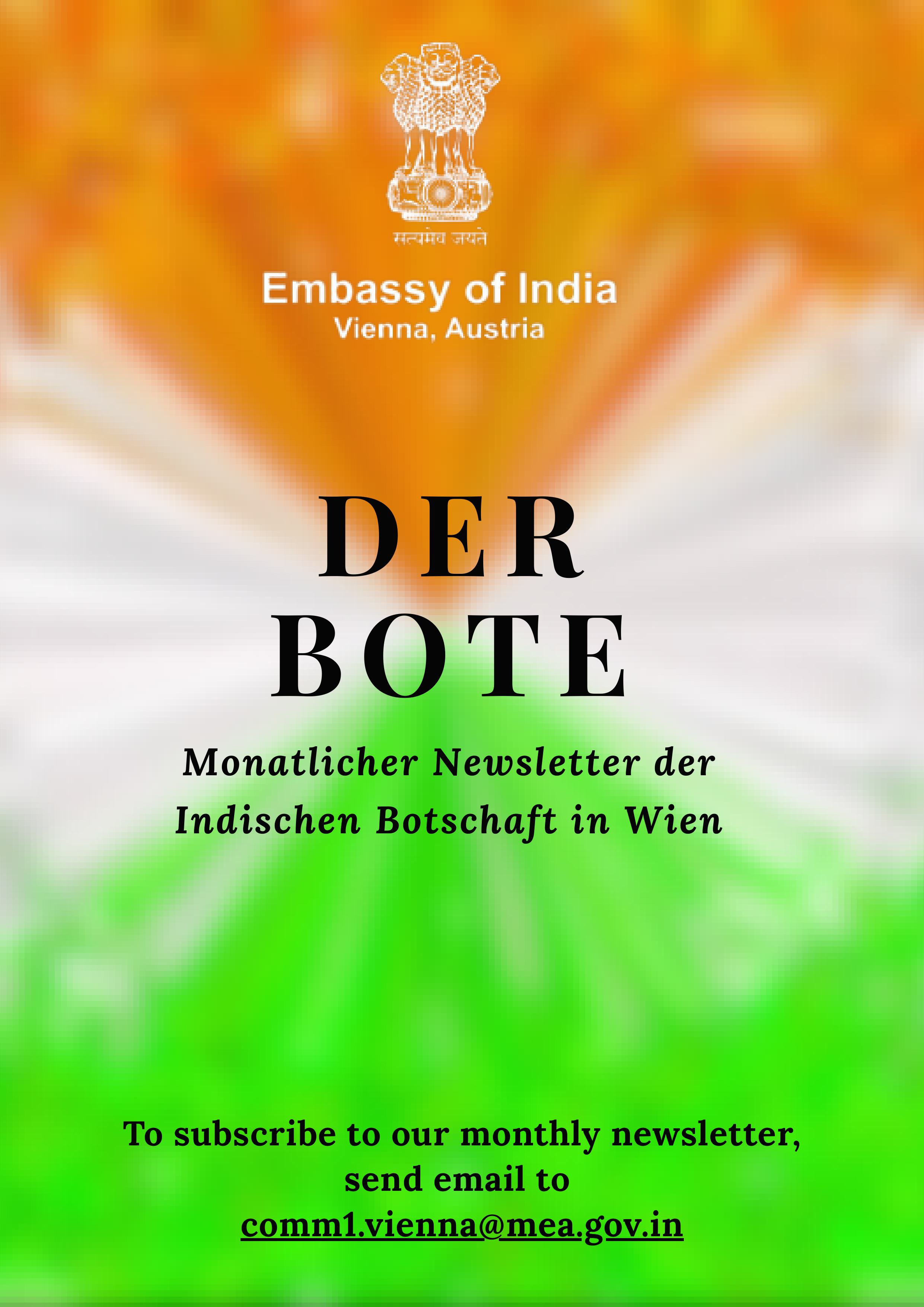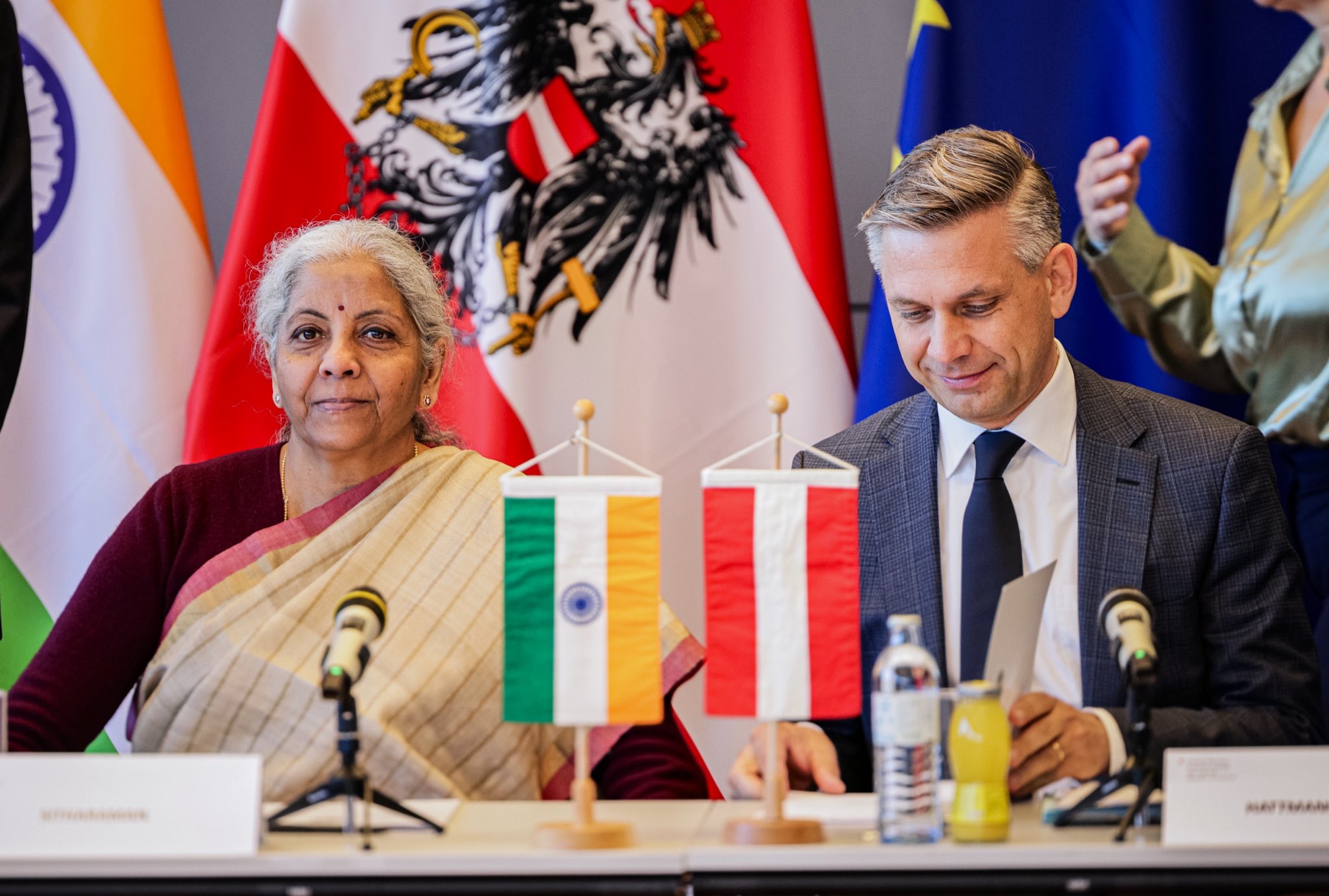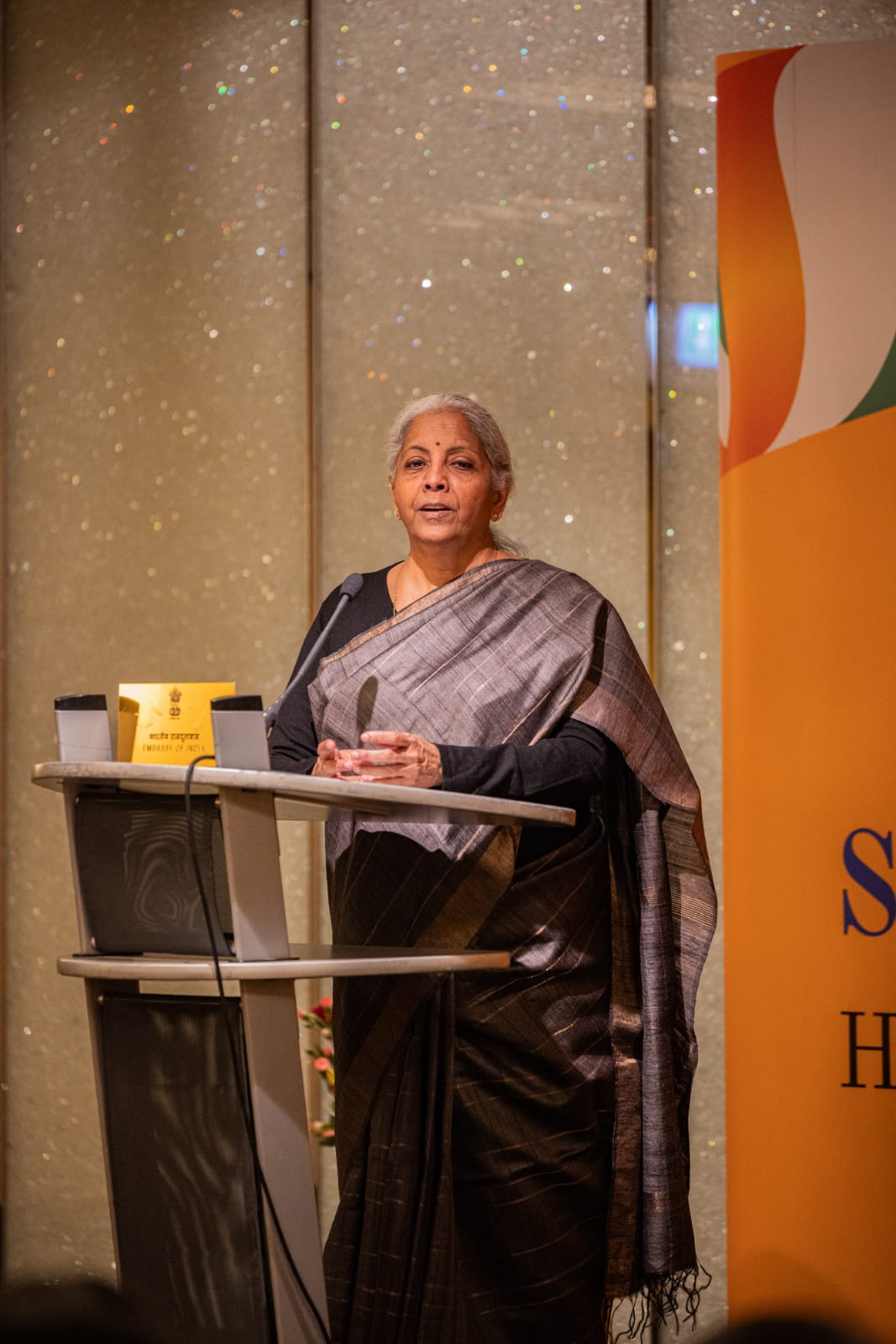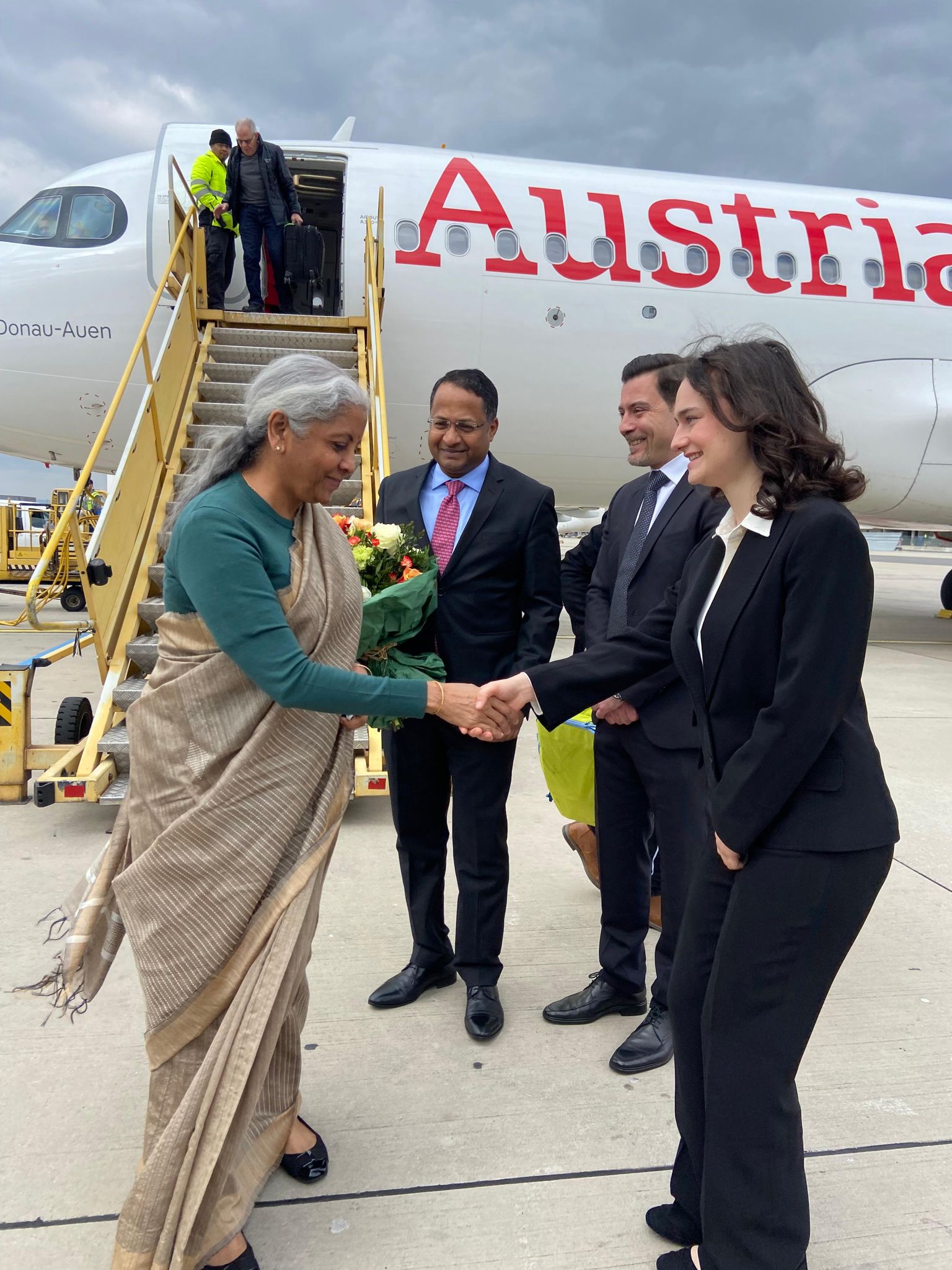Menu
- Home
- About Us
- Consular Services
- The Consular Wing
- Visa Services
- Passport Services
- Persons of Indian Origin (PIO) Card
- Overseas Citizen of India (OCI) Card
- When to Update/Reissue OCI
- Indian Citizenship
- Registration of Indian nationals
- Re-issue of International Driving Permit
- PAN Card Application
- Baggage (Imp/Exp) Rules
- Other Consular Services
- Enrolment of the Overseas Voters
- Passport Photo Requirements
- MADAD - 'MEA' in Aid of Diaspora in Distress
- Important Advisory for Indian Nationals
- Vacancies in India
- Aadhaar cards for NRIs/OCIs
- FAQs on Marital disputes involving NRI/PIO spouses
- Renunciation of Indian citizenship and Surrender of Indian passport
- Bilateral Relations
- Trade & Investment
- India-Austria T&C and Investment
- India-Montenegro T&C and Investment
- Trade Fairs in India
- Foreign Direct Investment
- Commercial/Trade Enquiry
- FAQs for Trade Enquires - Austria
- Trade Fair Organizers- India & Austria
- India Newsletter
- PAN Card Application
- Investing in India
- Investing in Austria
- Doing Business in Austria
- State Industrial Policies
- India-Austria T&C and Investment
- Multilateral
- Special
- RTI Corner
- Media Center
- Community
- Tenders







































